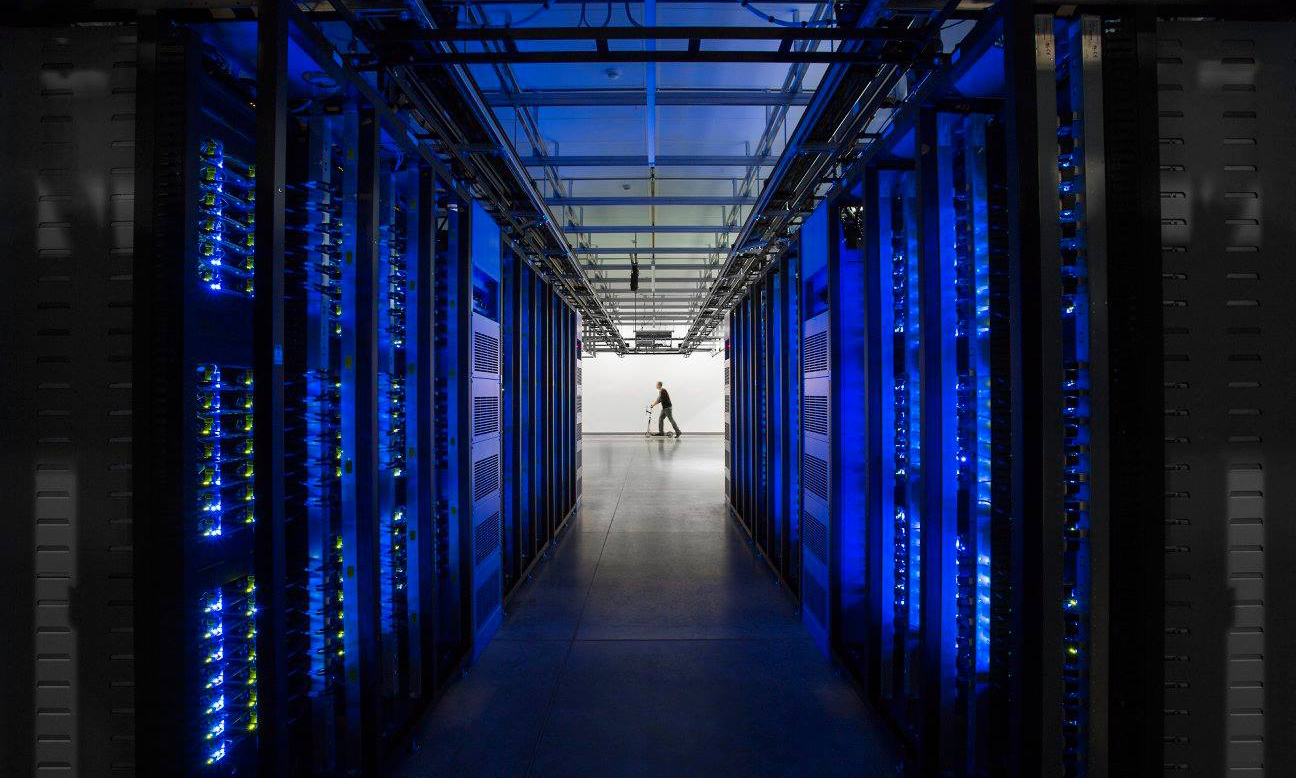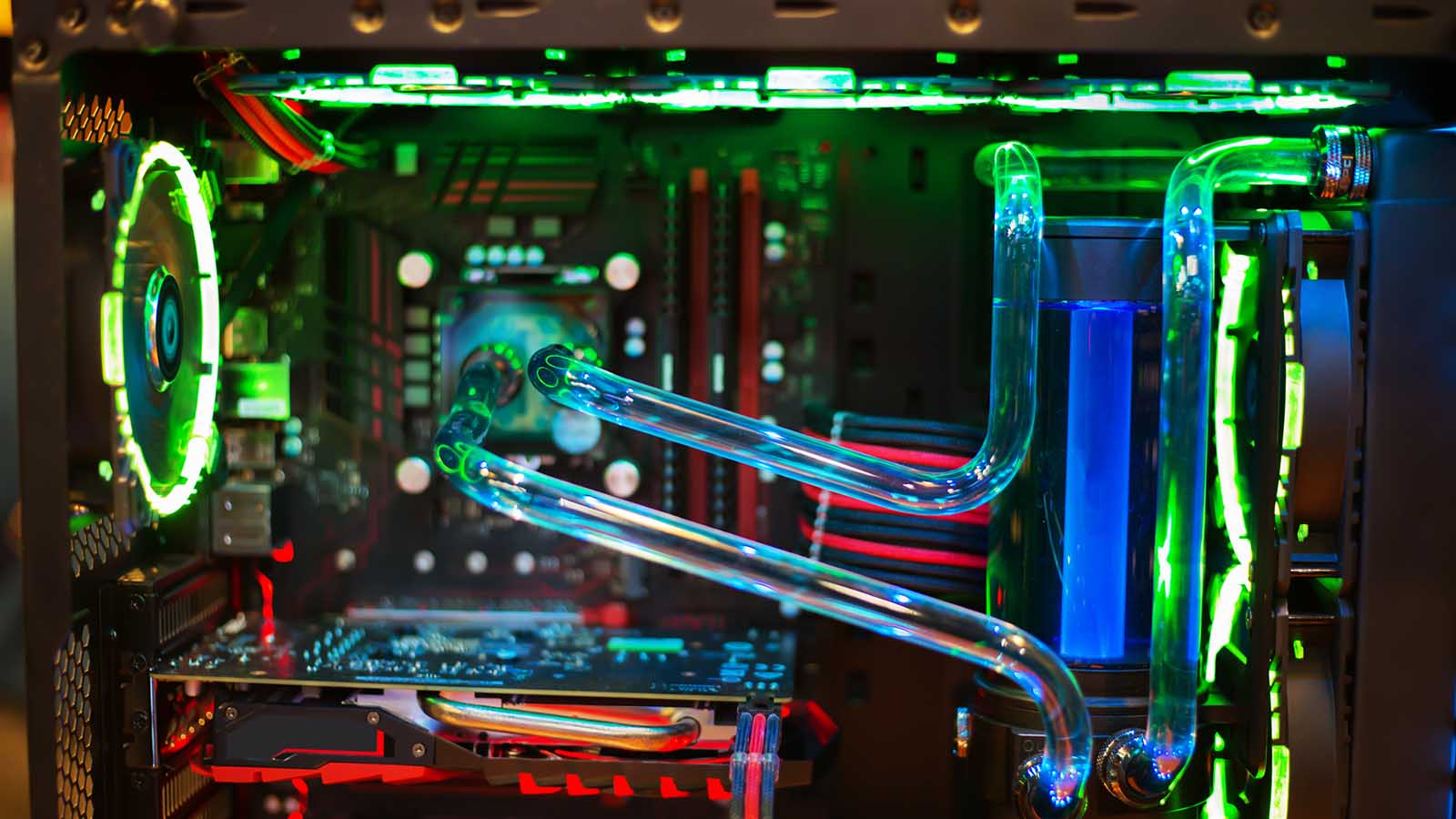
The Data Center Cooling Conundrum: Balancing Efficiency and Sustainability
As the world becomes increasingly digital, the demand for data centers has skyrocketed. These hubs of digital activity are the backbone of our online lives, storing and processing vast amounts of data that power everything from social media to artificial intelligence. However, this growth has brought with it a unique set of challenges, particularly when it comes to keeping these data centers cool.
 Data centers require advanced cooling systems to operate efficiently.
Data centers require advanced cooling systems to operate efficiently.
The data center cooling market is expected to reach a staggering $29 billion by 2028, growing at a compound annual growth rate of 13.68%. This exponential growth is driven by the increasing demand for digital data and enhanced connectivity in high-performance computing environments. Cloud computing, edge computing, artificial intelligence, big data analytics, and the Internet of Things (IoT) are all contributing to the rapid expansion of the data center industry.
However, this growth also brings with it a unique set of challenges. Rising power densities and heat generation, climate change and unpredictable weather patterns, and the pressure to decarbonize and improve energy efficiency are all major concerns for data center operators. Furthermore, the increasing adoption of green data centers and technological advancements in cooling solutions are driving innovation in the industry.
The future of data center cooling stands at the intersection of rapid technological advancements and significant operational challenges.
Despite these challenges, the demand for innovative and efficient cooling solutions will only continue to grow. As data centers continue to proliferate and evolve, the need for sustainable and reliable cooling systems will become increasingly important.
 Liquid cooling is becoming increasingly popular in high-density data centers.
Liquid cooling is becoming increasingly popular in high-density data centers.
The best cooling system for a data center depends on factors such as efficiency, scalability, and environmental impact. Options include liquid cooling for high-density setups and air cooling with smart technologies for smaller centers. However, the lack of space to build new facilities, rising energy costs, and sustainability concerns are all major challenges facing the industry.
As the data center industry continues to evolve, it’s clear that cooling will play a critical role in its future. Balancing efficiency, sustainability, and innovation will be crucial for stakeholders looking to invest in and benefit from this rapidly expanding market.














